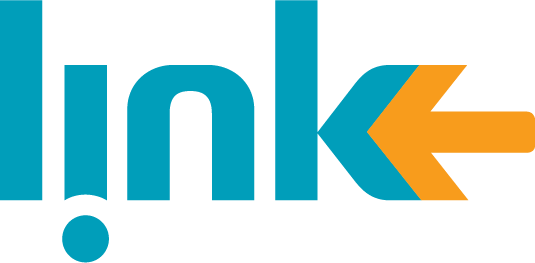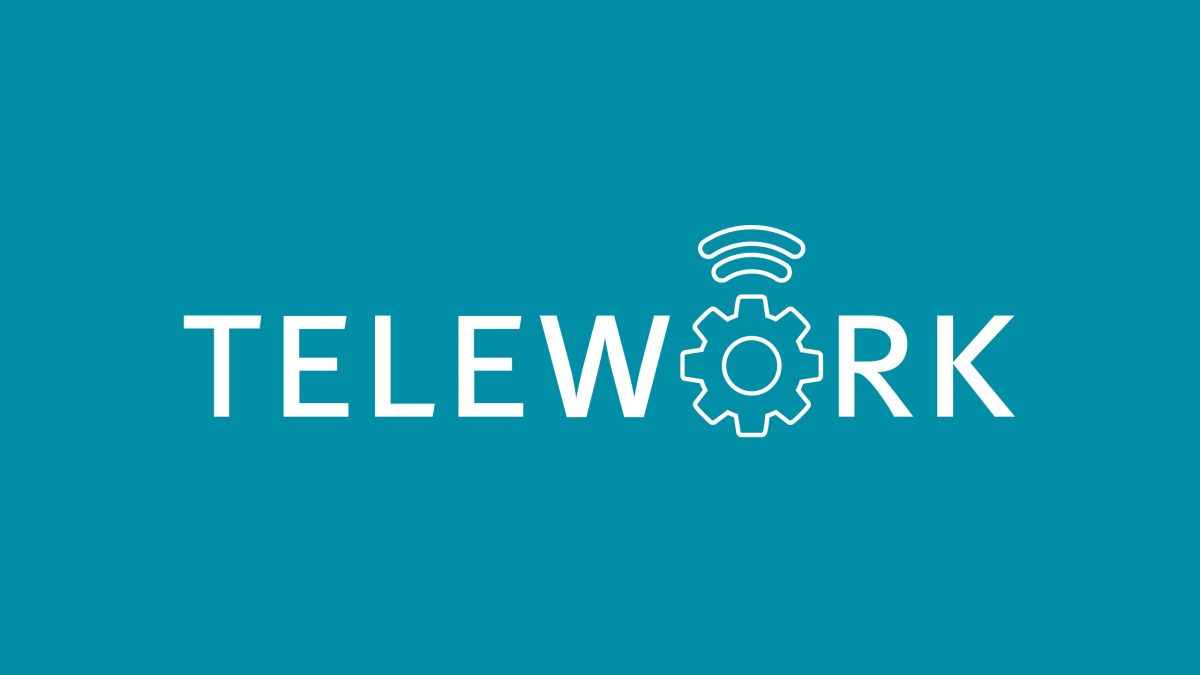Link made a very smooth transition to telework when the initial measures to control the pandemic outbreak started to be applied in Europe. This transition was greatly simplified by some of our existing work methods and the tools we already used on a daily basis.
Link has operations in several locations in Portugal and Brazil and delivers 40% of its projects in the European geography, in the Middle East and in some African countries. This experience by itself implies that work must be adapted to be remotely executed, but there is a considerable difference when the whole company is working from home.
Having most of our projects based on software lifecycle tools such as Microsoft TFS (aka Azure DevOps), GitLab, Jenkins amongst others, covering the complete software lifecycle, with a clear view of requirements, version control, automated builds, testing and release management, allowed us to switch to remote and distributed work easily.
We have been using intensively Microsoft Teams for ceremonies such as daily meetings, sprint planning and review, keeping the agile practices in place.
Even for activities such as requirement gathering and design thinking, which are commonly hard to perform without physical presence, we have been having very productive sessions. Collaboration apps like the whiteboard are being used to facilitate the contribution from our clients when capturing ideas for building innovative solutions aligned with their expectations.
For quality assurance, based on our significant experience in providing software testing factories for our customers, we have a methodology that encompasses functional , performance and security testing also supported on TFS usage. Thus, improving the quality of our projects and products.
Being a paperless organization, with all processes from sales to HR and accounting supported by our product edoclink, now integrating Teams for collaboration purposes, kept all supporting activities running smoothly, keeping compliance with all our standard procedures.









